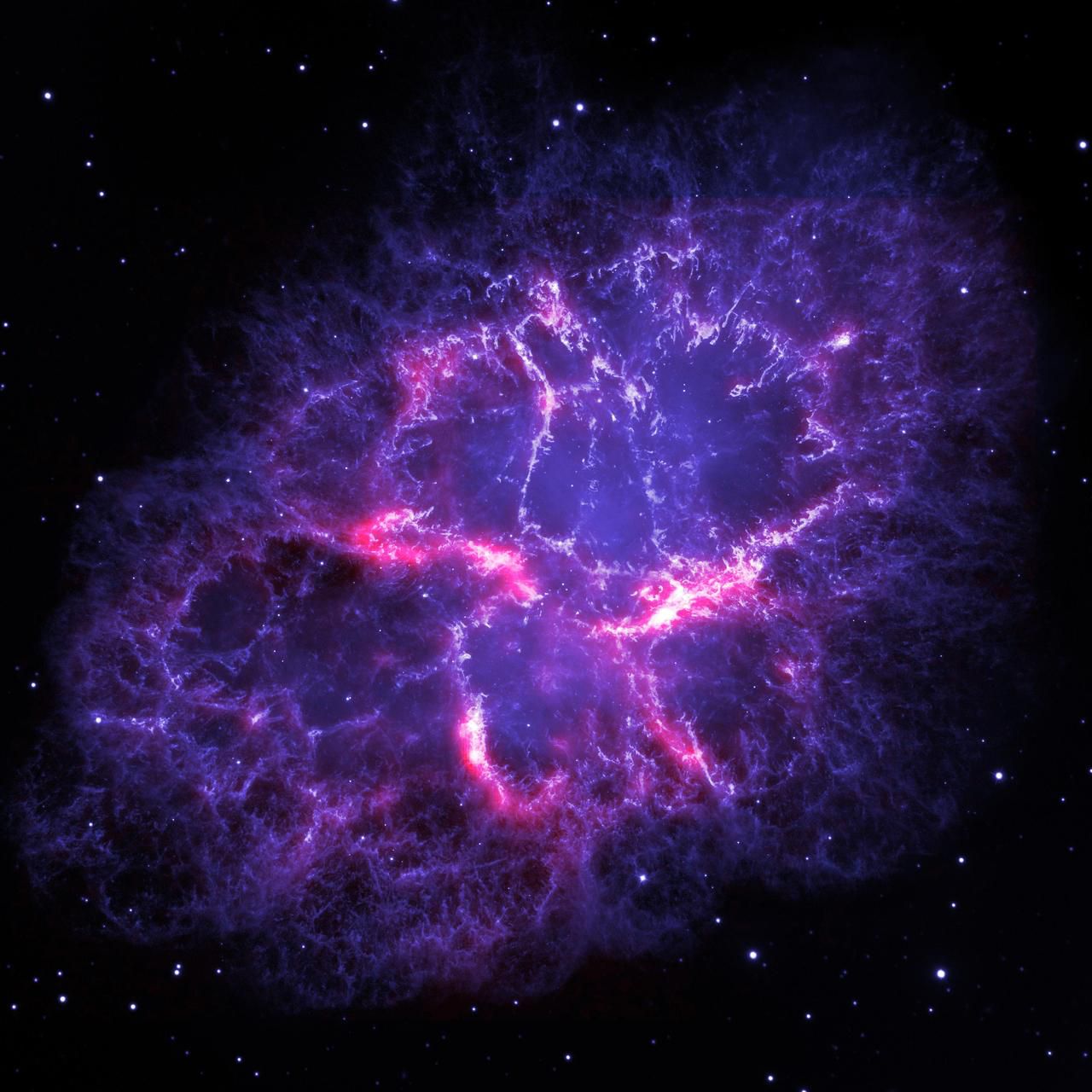Advent Week 3: The Eternal Priest

1315
A Reading for the Third Sunday of Advent
In the book of Genesis, Abraham and Sarah leave their homeland in present-day Iraq to follow God to wherever He will lead them. Their nephew, Lot, accompanies them, eventually getting into all sorts of trouble. At one point, Lot and his family are taken captive in the midst of a military campaign waged between two groups of kings who formed alliances between cities (Genesis 14). Abraham follows after his family members, eventually successfully delivering them and many others. On his return, Abraham encounters Melchizedek, king of Salem, who pronounces a priestly blessing over Abraham and his descendants.
The episode is interesting, but seems like a side alley in the journey of Scripture, until it reappears in Psalm 110. There, the messiah is described both as a conquering king and an eternal priest, bringing together both political and religious duties before people and God. King David seemed to serve in this way, leading the people to military victory while also restoring worship with the ark of the covenant in Jerusalem.
Melchizedek never appears again until the book of Hebrews, which mentions him nine times, each time describ- ing this unique king and priest as a precursor of Jesus. In Hebrews 5, the description of Jesus as king from Psalm 2 is immediately connected with a description of Jesus as priest from Psalm 110. Jesus is simultaneously the once-for-all sacrifice that restores us to God through the Cross and the one-of-a-kind priest who offers that sacrifice in a way that endures forever. The entire book of Hebrews is an exploration of Jesus as the eternal priest before God on behalf of all humanity. “We have this hope as an anchor for the soul, firm and secure. It enters the inner sanctuary behind the curtain, where our forerunner, Jesus, has entered on our behalf. He has become a high priest forever, in the order of Melchizedek” (Hebrews 6:19-20).
As we journey through Advent, we readily remember how Jesus was born of Mary in Bethlehem many years ago, heralded by angels as “good news that will cause great joy for all the people” (Luke 2:10). May we also remember that good news of joy arises because this infant Messiah would one day stand before God unlike anyone else, and both offer and become the atoning sacrifice for our sins. And now, “Christ Jesus who died–more than that, who was raised to life–is at the right hand of God and is also interceding for us” (Romans 8:34). He is our Eternal Priest.
REFLECTION QUESTIONS FOR THE THIRD SUNDAY OF ADVENT:
- As Romans 8:34 points out, Jesus stands before God interceding for us. What does that mean for you and your life today?
- The sacrifice Jesus offered as “the perfect high priest” was Himself. How does this change your perspective on Advent and what kind of response does that invoke from you in your celebrations this year?
FAMILY TALK WEEK 3
“The LORD has made a promise. He will not change his mind.
He has said, ‘You are a priest forever,
Just like Melchizedek.” (Psalm 110:4, NIrV)
“First, the name Melchizedek means “king of what is right.” Also, “king of Salem” means “king of peace.” Melchize- dek has no father or mother. He has no family line. His days have no beginning. His life has no end. He remains a priest forever. In this way, he is like the Son of God. . . He [Jesus] isn’t like the other high priests. They need to offer sacrifices day after day. First they bring offerings for their own sins. Then they do it for the sins of the people. But Jesus gave one sacrifice for the sins of the people. He gave it once and for all time. He did it by offering himself.” (Hebrews 7:2-3, 27 NIrV)
God is 100% super-holy. People are not.
So, back in the Old Testament, God made a way for people to come near to Him, even though they had sinned. God appointed “priests”—men who would offer people’s sacrifices on the altar, so that their sins would be forgiven. Priests represented the people before God.
In the Savior Song from Psalm 110, God is saying that Jesus is like a priest. Not like most Old Testament priests, but like one called Melchizedek (Mel-KIZ-uh-dek).
Most priests were born into the tribe of Levi.
Melchizedek was not from Levi. He lived before God’s people were divided into tribes.
Jesus was not from the tribe of Levi. He was from Judah.
Most priests were born into a family and died.
Melchizedek doesn’t have any family, or birthday, or time of death recorded in the scripture.
Jesus lives forever.
Most priests had to offer sacrifices over and over.
Jesus offered one sacrifice—HIMSELF—to pay for everyone’s sin, for all time!
This is why we don’t offer animal sacrifices at church. Jesus Himself is our priest, representing us before His holy Father, and Jesus Himself is our once-for-all-time sacrifice. He is our priest, sitting at the Father’s right hand, always praying for us (Romans 8:34).
Recommended Posts

Christmas Day: Worship Jesus
December 25, 2019

Reflect & Respond: Week 4
December 23, 2019

Advent Week 4: The Perfect King
December 22, 2019


